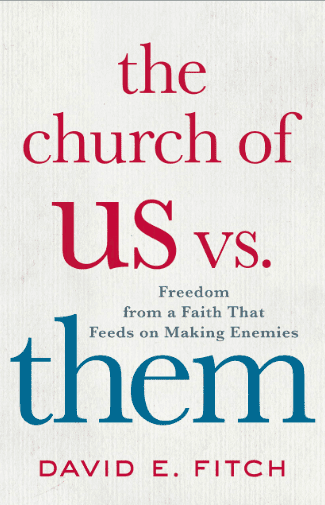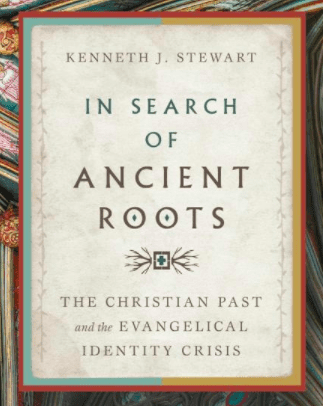Be Not Afraid, Be Very Not Afraid -by Taylor George
“I hope the Lord takes me home before I see a piano in this meeting,” sobbed one of our elders in a Sunday evening sermon. A piano in a church service. A piano. In a church service. The piano, if it were to come, would be accompanied by a fight. Drinking beer was a sin, and most of pop culture, including dancing or movies, was forbidden. Unless it was “evangelism night,” the only night that justified moving pictures, and only those in which the earth shook, asphalt roads split, fire rained, and God plucked from the earth a precious few of his chosen Calvinists. This was my, and many others’, I assume, experience with Christian fundamentalism. More than that, it was all I knew the church to be.
I’ll never forget when my Mom’s husband sat me down with Proverbs 1:7 and the fear of the Lord, which is the beginning of wisdom. “Don’t ever forget that boy,” he said in his southern accent. I love that man for sharing his faith. That verse shaped my reverence for God and my approach with my own children. What I’ve come to realize, however, is that fear, a driving force behind Christian fundamentalism, can carry me only to a point. Fear can inform wisdom, but it can also incapacitate, render one couch-bound, cross-legged, moaning, head-bobbing, wallowing in depression. Fear can wake you in the night, fraught, sweaty, vividly imagining burning lakes. That of course, is not God’s endgame, not the response God desires. He desires our love, and if the fear is too heavy, it can crush love.
Questions: If you left fundamentalism, why did you leave it? What are the essential features of fundamentalism? What makes “orthodoxy” and “fundamentalism” different?
Also: If you want to tell your story of why you left Protestant liberalism, you’ve got a platform right here. Write me a note to sketch what you’ve got to say and we’ll see if it fits ([email protected]).
I cherish much from my fundamentalist beginnings: the Sabbath focus, the tight-knit community, and most of all, the urgent approach to faith itself. We can’t, for example, read the red letters and come away unchanged. To be clear, I’m not interested in a complete revision a la Brian McLaren. Neither do I think it likely that God, for his own glory, predestined ninety percent of humanity to endless, conscious torment. I just flat out think God is more compassionate than that.
And that, in a nutshell, is why I gave up on fundamentalism. I can’t say exactly what God’s endgame is, but my hunch says that the biblical narrative is at least somewhat more optimistic than the one John MacArthur and Al Mohler tout. We can reference biblical verses and historical church councils and fathers, but at the end of the Bible’s day, God claims to be compassionate. The red letters say that compassion is one of his fundamental character traits. So while I’m all for theological mystery and not trying to figure it all out, I’m also a rational human being.
That’s the big, oversimplified picture, but a thousand scenes painted that picture into being. Like the piano brawl and legalism in my first fundamentalist church. Later, at another fundamentalist church, my pastor determined that he would speak via big-screen monitor during church. At that same church my Sunday school teacher and accountability partner left for good because the sermons depressed him—clinically. I eventually recognized theological parallels between “churches” like the God-hates-fags group in Kansas and the churches I was attending, though our fruit stank less.
In retrospect, I call it a lack of love for fellow humans that finalized my divorce from the far right of evangelicalism. I began to realize that this segment of Christendom could easily confess to a shrewd set of theological truth while at the same time hating people and, for that matter, God. There’s a Roman Catholic prayer that I like very much, and part of it says this: O my Jesus, forgive us our sins, save us from the fires of hell, and lead all souls to Heaven, especially those in most need of your Mercy. That prayer would not have made the theological cut in my evangelical past. In fact, I would have feared even reading such a thing. By God’s grace, I now recognize truth in that prayer, and that truth is leading me to wisdom.











